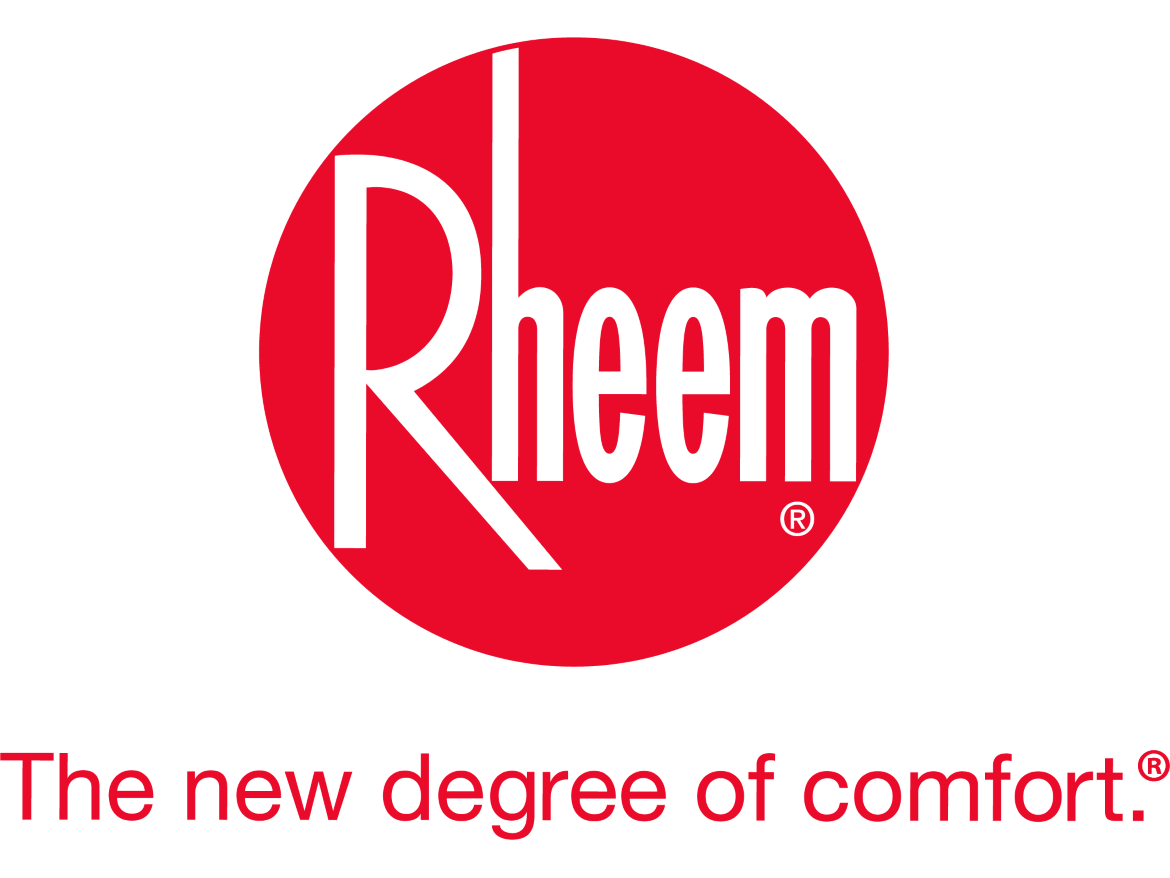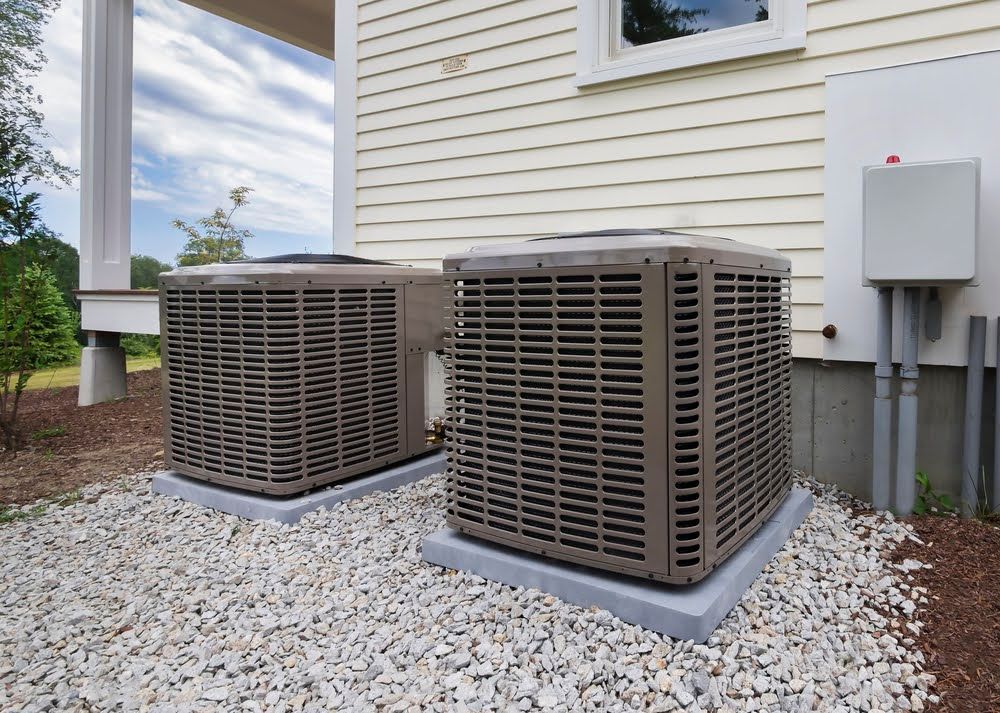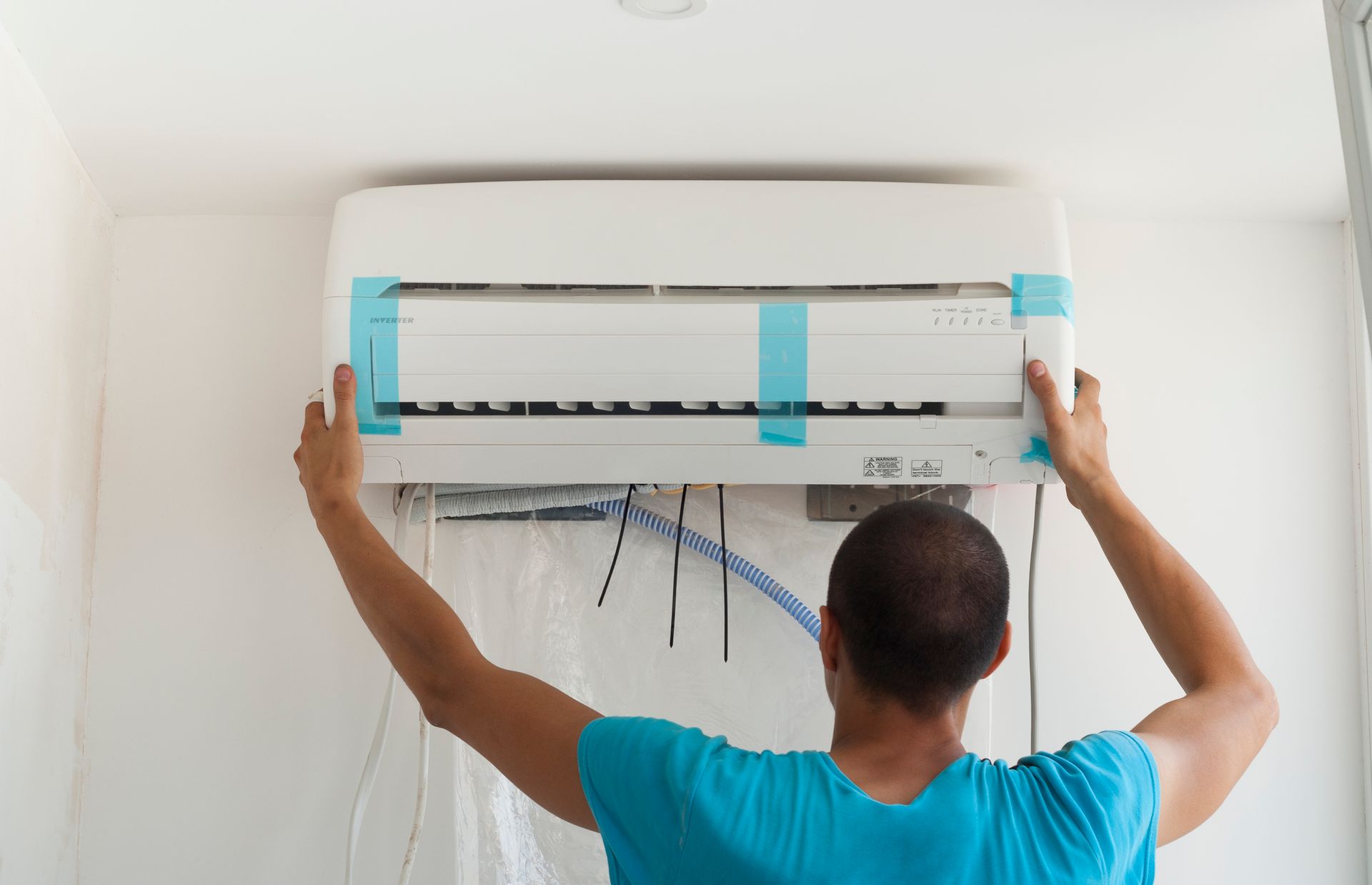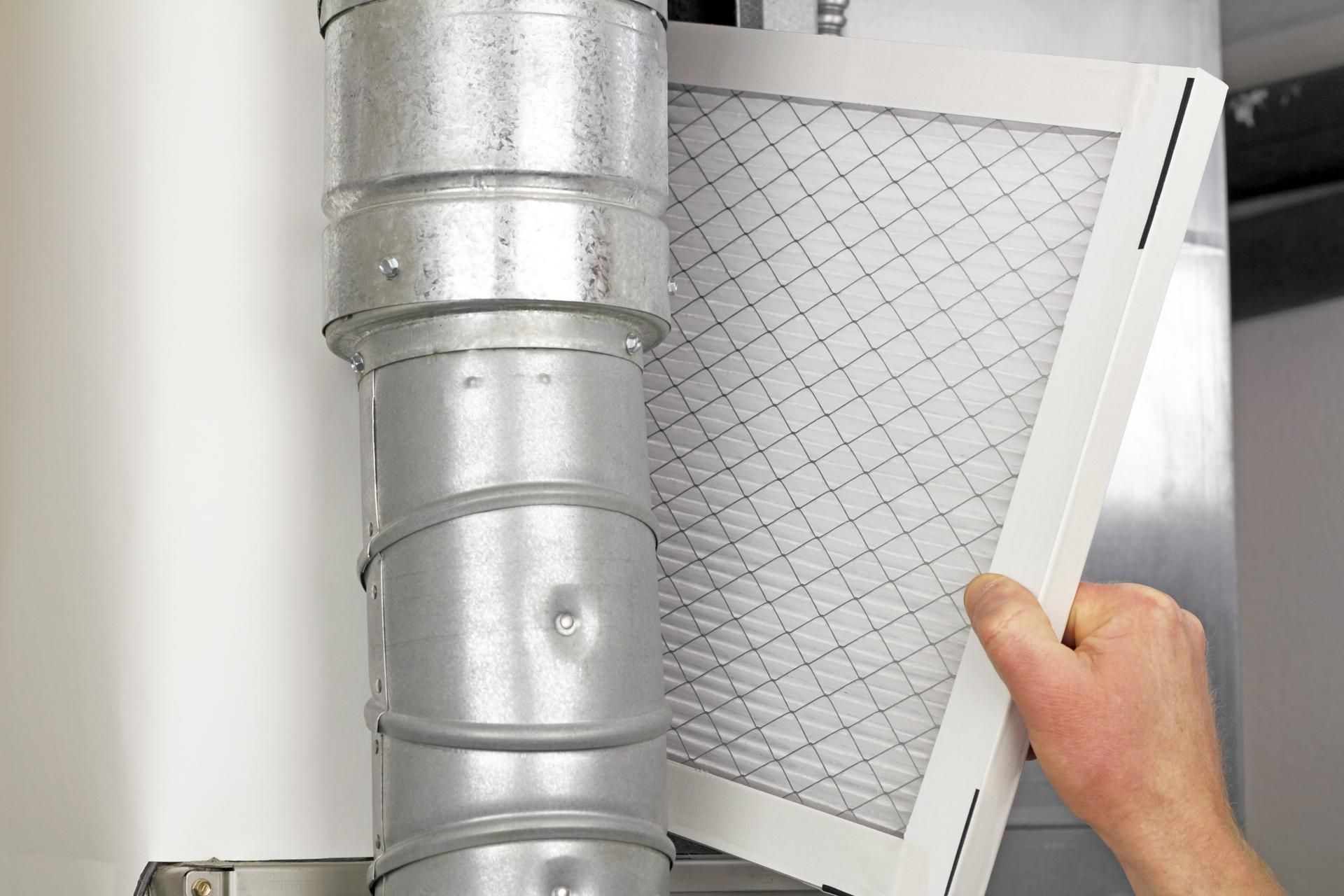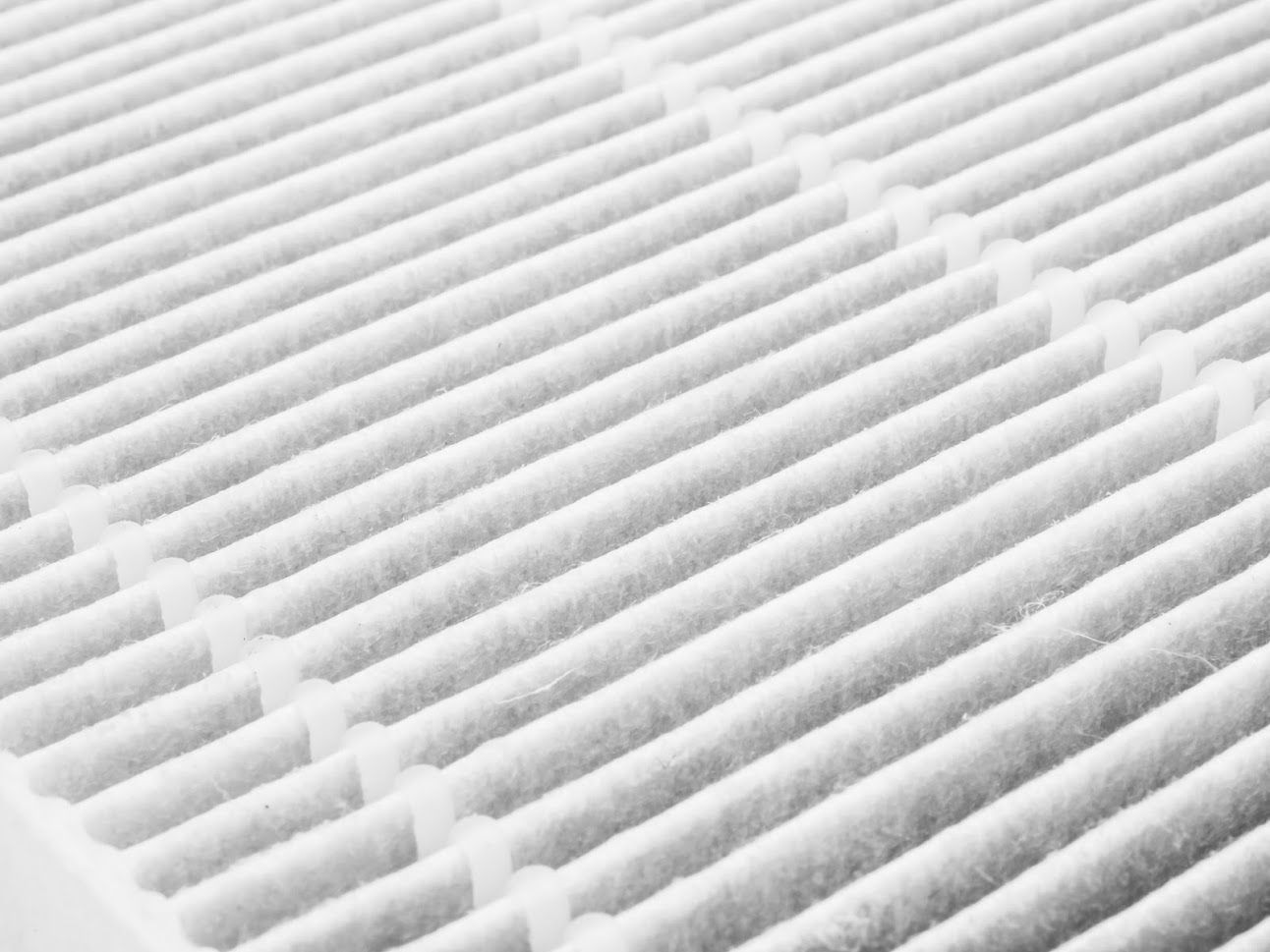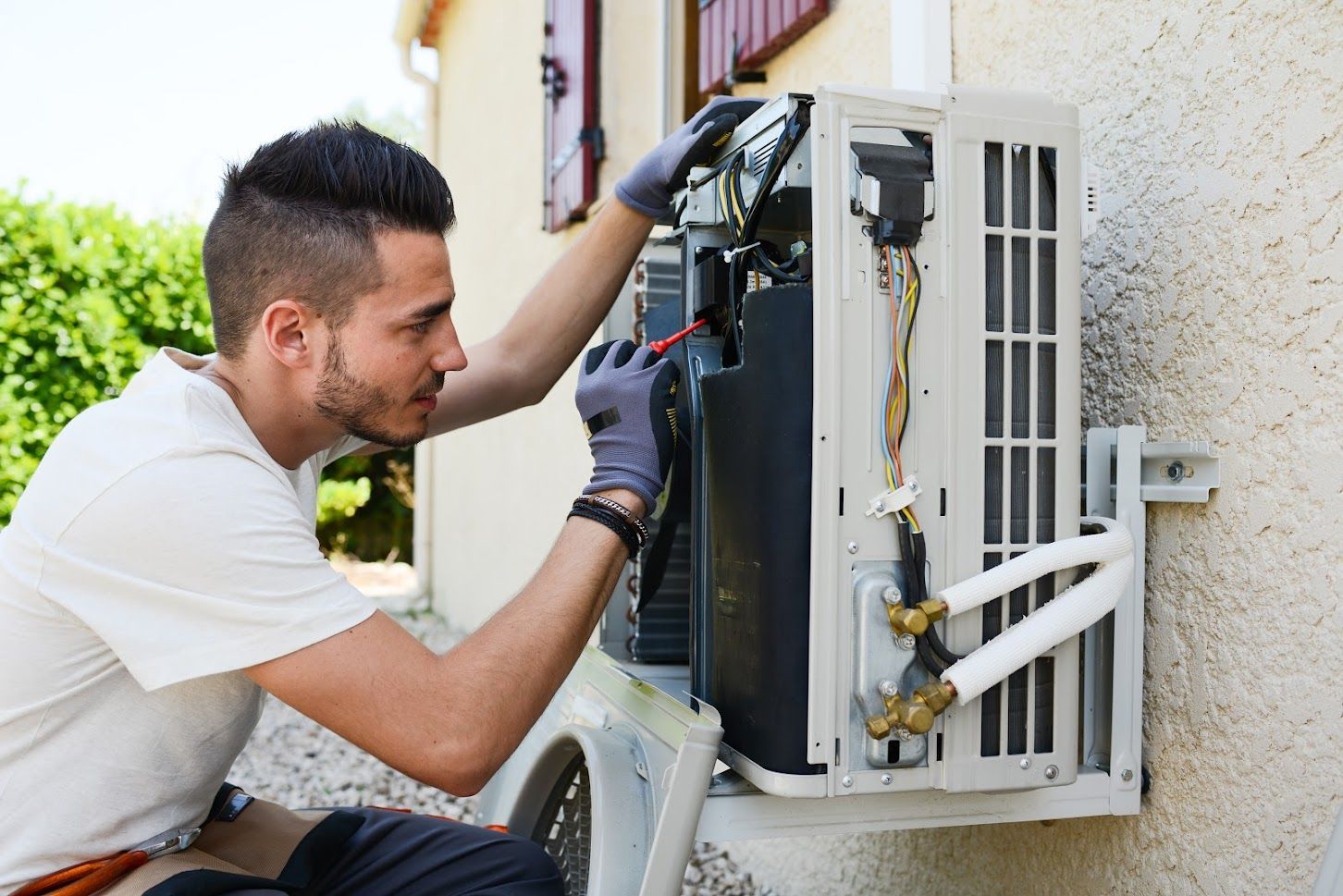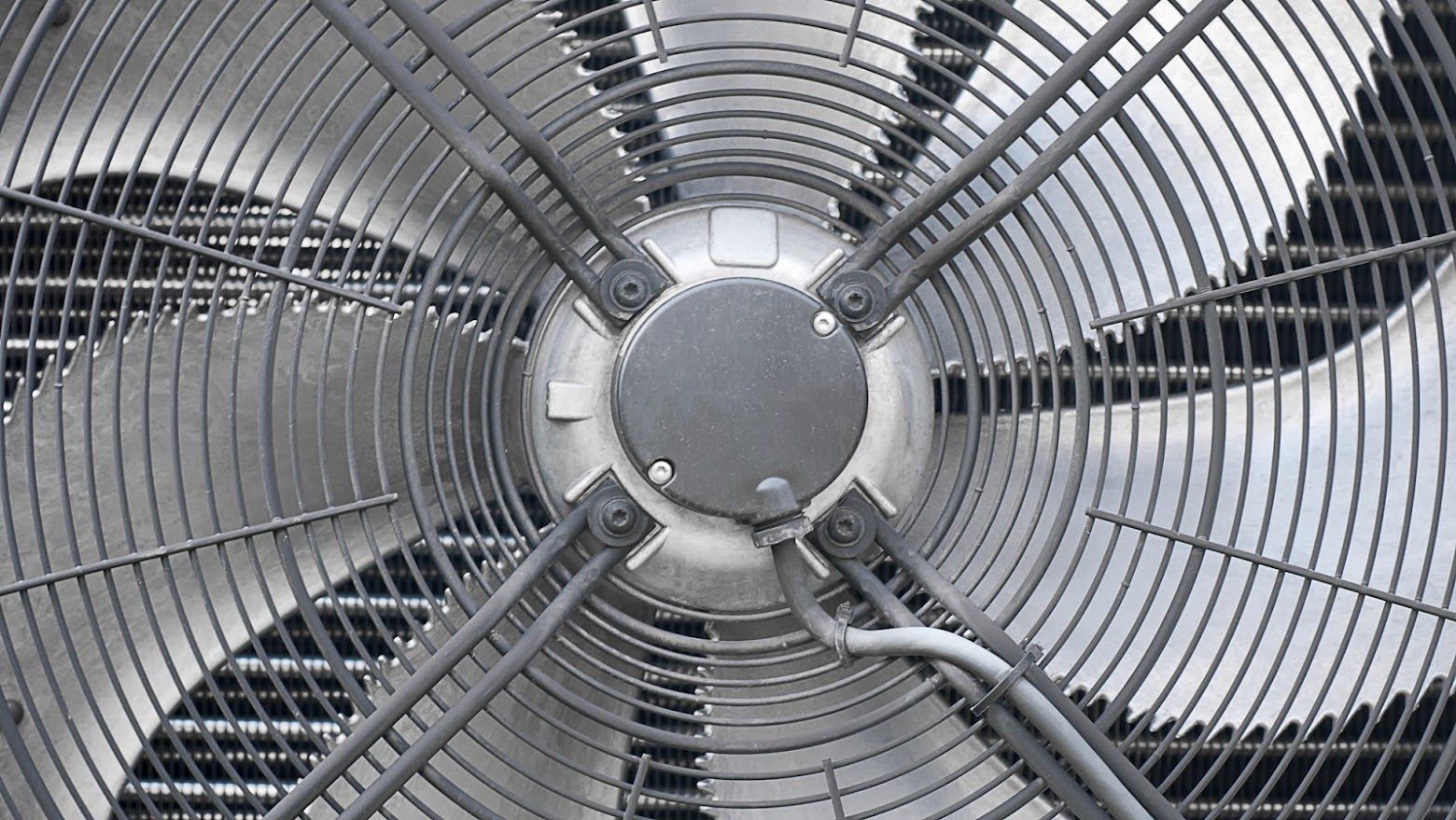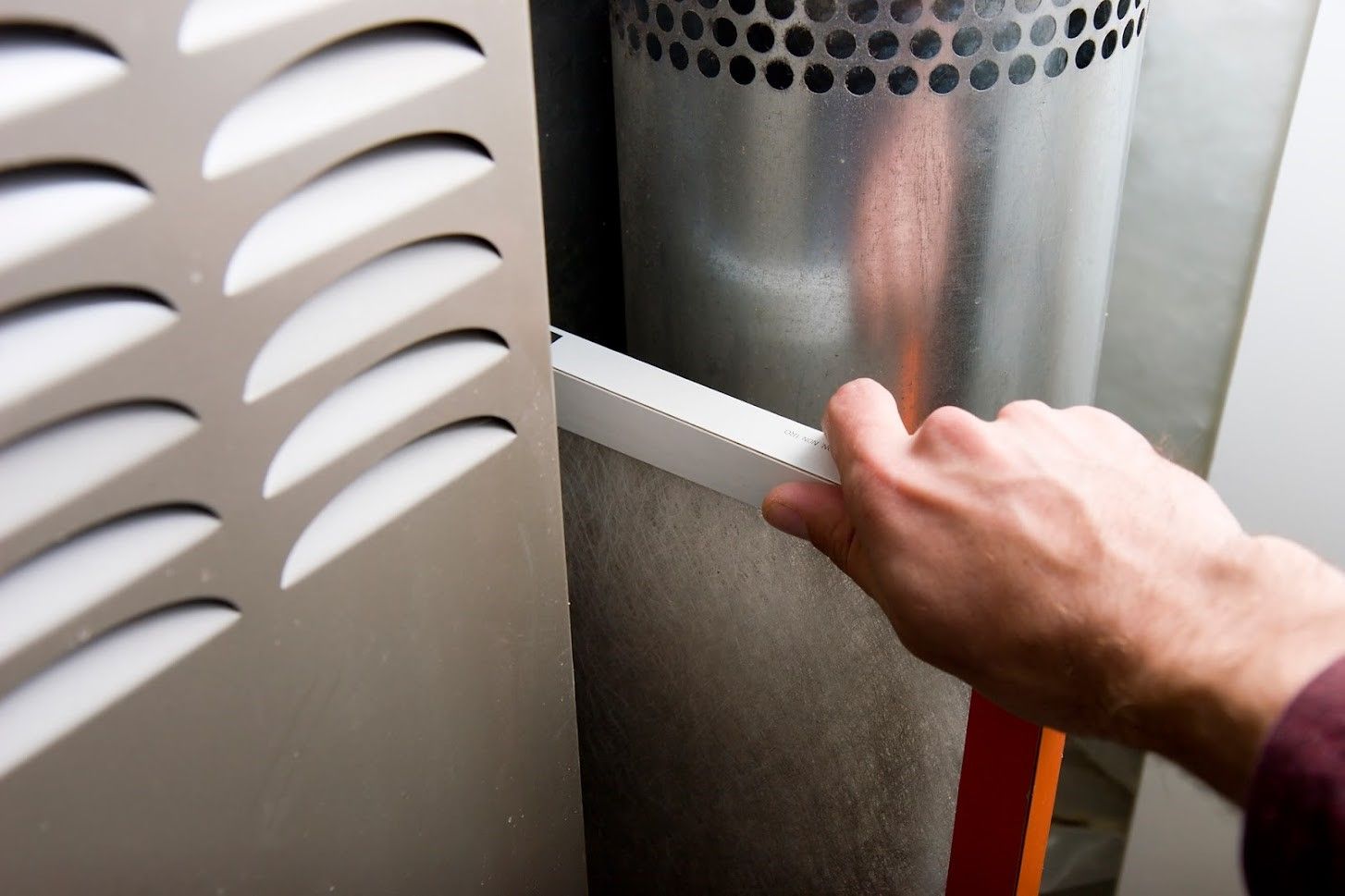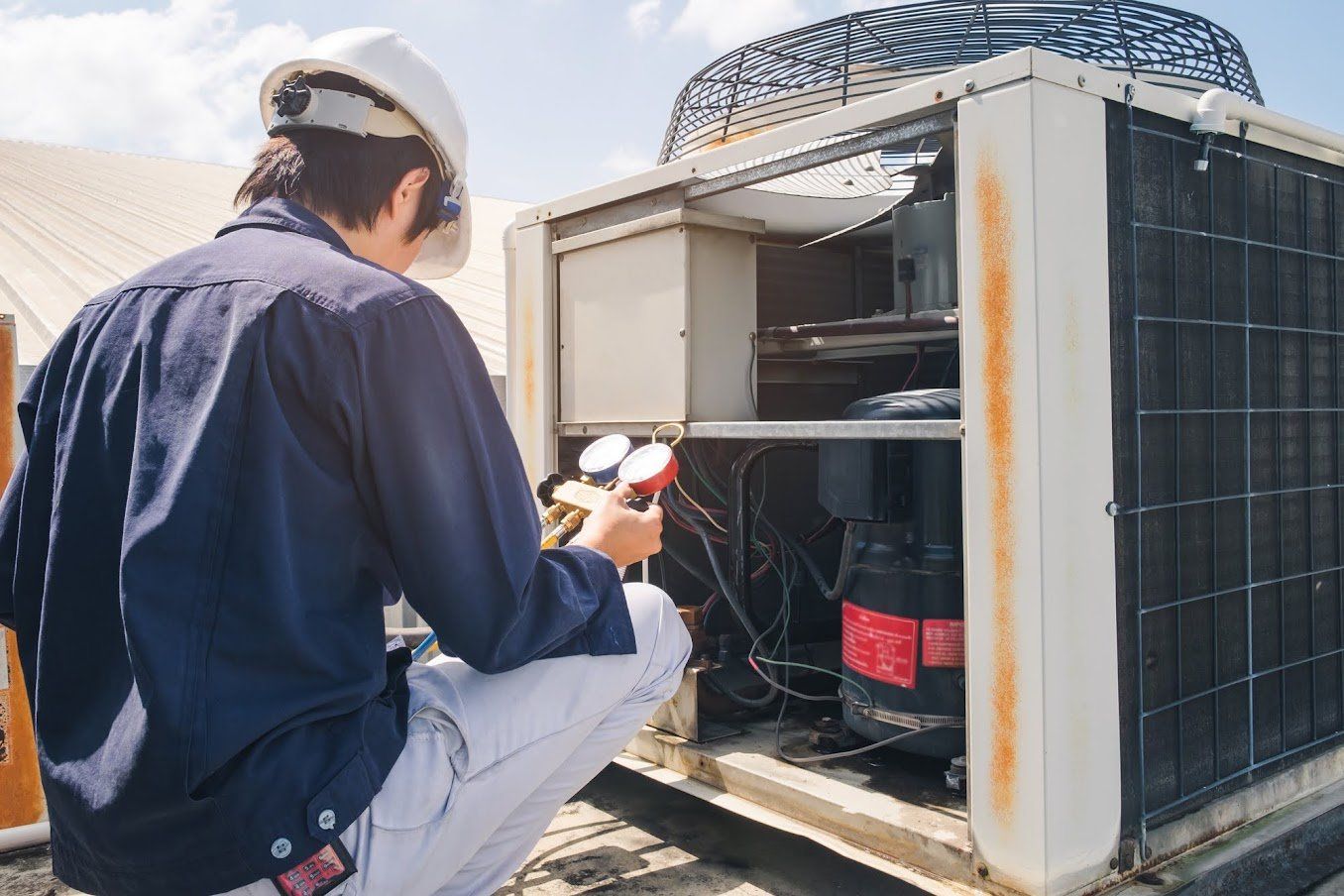Signs of Inadequate Air Quality and What You Can Do To Improve It
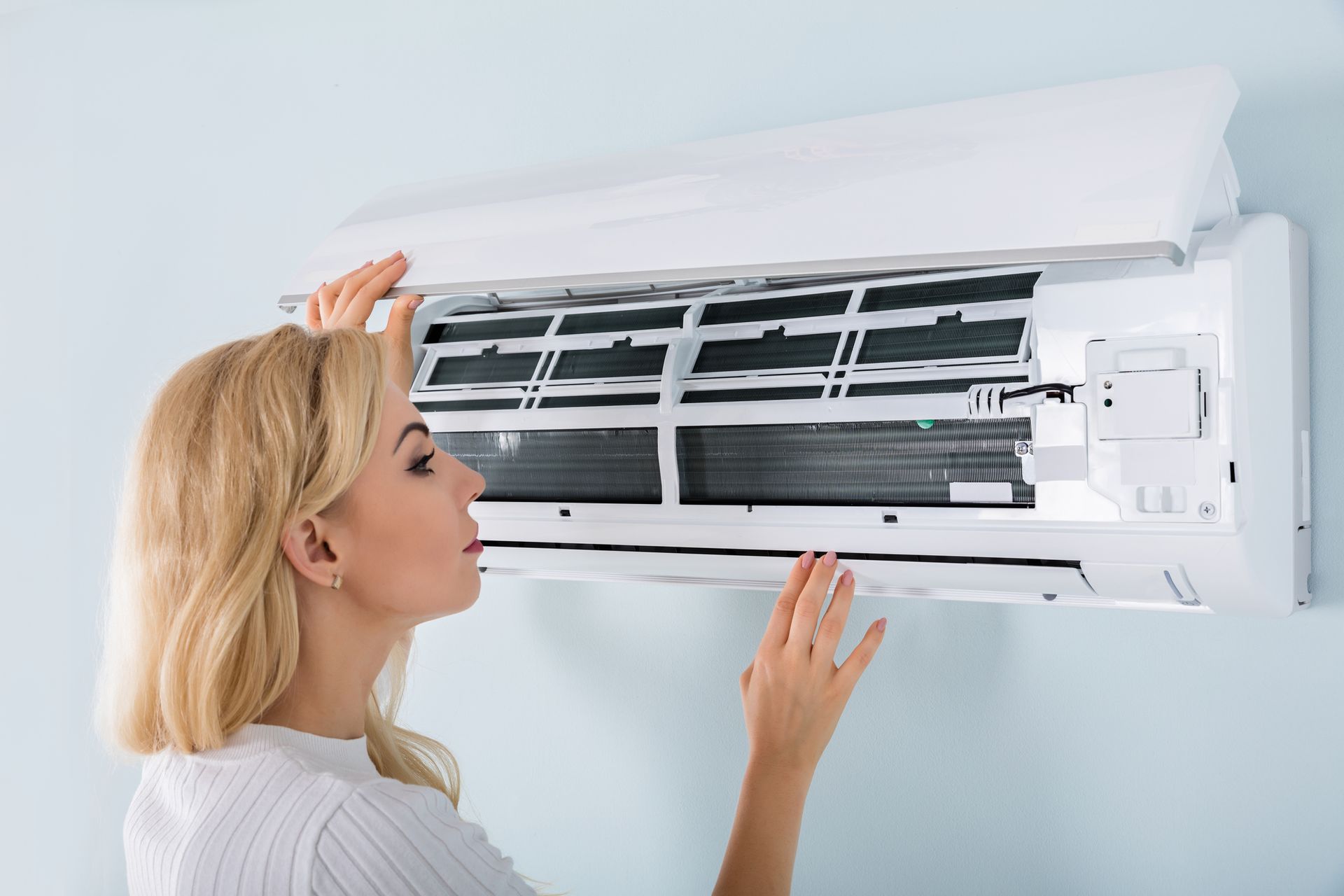
Ventilation is the process of moving fresh air into, out of, or within a room. It helps to improve indoor air quality by diluting and removing pollutants, such as dust, smoke, bacteria, odors, and virus particles. Ventilation also helps to regulate the temperature and humidity levels in your home.
Nevertheless, many homes may not have adequate ventilation, especially during the winter months when windows and doors are closed to keep the cold air out. As a result, air quality suffers. Poor ventilation can lead to various health problems, such as allergies, asthma, headaches, fatigue, and respiratory infections. It can also cause damage to your home, such as mold growth, condensation, rust stains, and discoloration.
How can you tell if your home has unhealthy airflow? Here are some signs of inadequate air quality and what you can do to improve it.
Signs of Inadequate Air Quality
There are often multiple signs of inadequate air quality. Here are some of them.
Moisture or Condensation on Windows or Walls
The presence of visible moisture or condensation indicates that there is too much water in the air and not enough ventilation to remove it. Excess moisture can promote the growth of mold and mildew, which can trigger allergic reactions and respiratory problems. It can also damage your furniture, walls, and floors.
Smelly or Stuffy Air
Air that seems stuffy or smells unpleasant could indicate that there are odors and pollutants trapped in your home and not enough ventilation to clear them out. Odors can come from various sources, such as cooking, smoking, pets, trash cans, or cleaning products. Airborne pollutants come from many sources—including volatile organic compounds (VOCs), carbon monoxide, radon, and other harmful gases.
These inflammatory substances can irritate your eyes, nose, throat, and lungs. Symptoms can include headaches, dizziness, nausea, and fatigue.
Dirty Central Heating and Air Equipment
If components of your HVAC system are dirty, the system may not be working properly. Filters, ducts, or system parts may be clogged with dust and debris.
A dirty HVAC system can reduce the efficiency of your ventilation and increase your energy bills. It can also circulate pollutants throughout your home and worsen your indoor air quality.
Moldy Books, Shoes, or Other Items
The presence of mold or mildew indicates that there are damp and dark areas in your home where mold spores can thrive. Mold can cause allergic reactions, asthma attacks, joint problems, skin rashes, and infections. It can also damage your belongings and reduce the value of your home.
Difficulty Breathing
If you find that it takes increased effort to breathe, your ventilation system may be the culprit. Poor air quality may cause the following symptoms:
- Use of accessory muscles
- Nasal flaring
- Gasping
- Cool and clammy skin
- Dizziness
- Hypoventilation
- Abnormal breathing rate or irregular rhythm
These physical symptoms can indicate that you are not getting enough oxygen or that you are breathing in too much carbon dioxide or polluted air. The symptoms may resolve as the air quality improves.
Improving Your Home's Air Quality
If you notice signs of inadequate ventilation, you can take steps to increase the airflow in your living space. They include:
- Opening windows and doors whenever possible to let fresh air in and stale air out.
- Using fans to create cross-ventilation and circulate the air in your home.
- Installing exhaust fans in your kitchen and bathroom to remove moisture and odors.
- Changing or cleaning your HVAC filters regularly according to the manufacturer's instructions.
Additionally, you can help lower the number of pollutants in your home by using air purifiers, keeping your home clean and dry, and avoiding high-VOC paints.
Nonetheless, although your efforts may be helpful, the help of a professional will likely have the greatest positive impact on your air quality. If you are concerned about your home's air quality, contact STA SO COOL HVAC. We can improve the ventilation in your home and help you create a healthier and more comfortable living environment.
